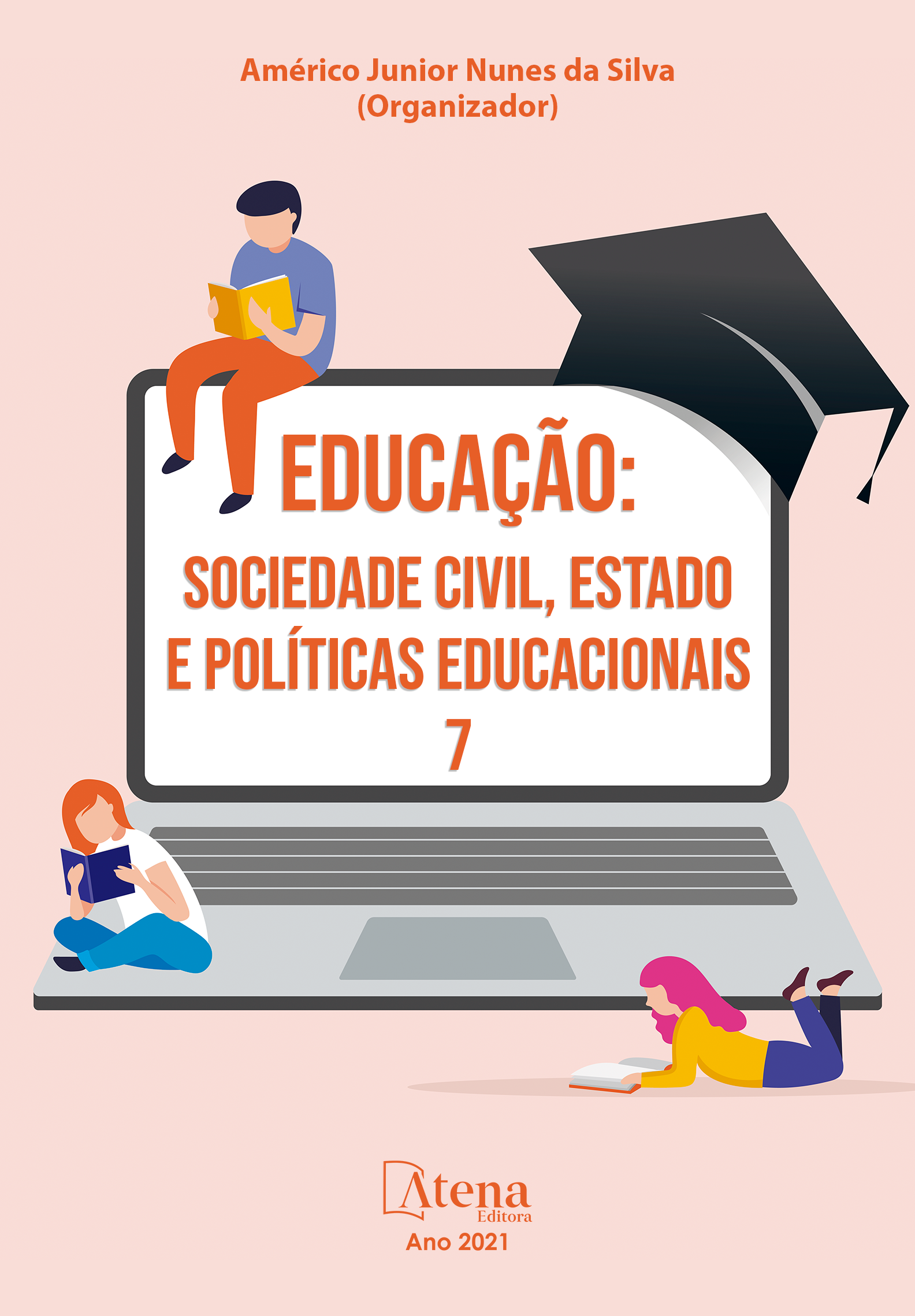
“VELHO” E NOVO MAIS EDUCAÇÃO: AJUSTES NA FUNÇÃO DA ESCOLA AFEITOS AO CAPITAL?
Este artigo é uma tentativa de contribuir para o debate envolvendo a temática da educação integral e (m) tempo integral que, nas últimas décadas, tem ocupado lugar de destaque no meio acadêmico, com destaque para os estudos de Cavaliere (2007, 2011, 2013), Libâneo (2014, 2016), impulsionados pelas políticas educacionais desenvolvidas nas diferentes esferas do Estado brasileiro. Neste sentido, buscamos refletir sobre a perspectiva formativa, especialmente a partir do Programa Mais Educação (PME), instituído pela portaria Interministerial n. 17, de 2007 e regulamentado pelo Decreto n. 7.083, de 2010, e Novo Mais Educação, regulamentado pela Portaria nº. 1.144, de 10 de outubro de 2016. Para tanto, nos serviram de fontes primárias os aportes legais e normativos que dispõem sobre a ampliação da jornada escolar no país e aqueles que regem os Programas em questão. Também recorremos à bibliografia especializada, a exemplo dos estudos supracitados. Constatamos, a princípio, que o PME, ensejando a ideia de uma educação integral em tempo integral, buscava formalizar uma concepção de educação intercultural, multisetorial e de proteção social. Já o PNME representa um aprofundamento da aproximação das políticas educacionais do Brasil com as demandas dos organismos internacionais, voltadas a atender interesses imediatos do capital. Em vista disso, reconhecemos a necessidade de nos posicionarmos de forma crítica diante das políticas educacionais para a ampliação da jornada escolar, muitas vezes com uma roupagem de democratização da escola ou da melhoria da qualidade, mas comprometidas com interesses opostos, que tendem para a manutenção do status quo. Dessa forma, o presente artigo buscou refletir principalmente sobre que perspectiva formativa tem permeado as políticas federais contemporâneas de ampliação da jornada escolar. Qual formação? Para qual sociedade?
“VELHO” E NOVO MAIS EDUCAÇÃO: AJUSTES NA FUNÇÃO DA ESCOLA AFEITOS AO CAPITAL?
-
DOI: 10.22533/at.ed.74121270115
-
Palavras-chave: Educação em Tempo Integral; Educação Integral; Programa Mais Educação; Programa Novo Mais Educação
-
Keywords: Full-time education; Integral Education; More Education Program; Novo Mais Educação Program
-
Abstract:
This article is an attempt to contribute to the debate involving the theme of full-time and (m) full-time education, which, in recent decades, has occupied a prominent place in the academic environment, with emphasis on Cavaliere's studies (2007, 2011, 2013 ), Libâneo (2014, 2016), driven by educational policies developed in different spheres of the Brazilian State. In this sense, we seek to reflect on the formative perspective, especially from the Mais Educação Program (PME), instituted by the Interministerial Ordinance n. 17, 2007 and regulated by Decree no. 7,083, of 2010, and Novo Mais Educação, regulated by Administrative Rule no. 1,144, dated October 10, 2016. For this purpose, the legal and normative contributions that they have on the extension of the school day in the country and those that govern the Programs in question served as primary sources. We also resort to specialized bibliography, like the aforementioned studies. We found, at first, that the PME, giving rise to the idea of a full-time full-time education, sought to formalize a concept of intercultural, multisectoral and social protection education. The PNME, on the other hand, represents a deepening of the approximation of educational policies in Brazil with the demands of international organizations, aimed at meeting the immediate interests of capital. In view of this, we recognize the need to position ourselves critically in the face of educational policies for the extension of the school day, often in the guise of democratizing the school or improving quality, but committed to opposing interests, which tend to maintain the status quo. Thus, this article sought to reflect mainly on what formative perspective has permeated contemporary federal policies to expand the school day. What formation? Which society?
-
Número de páginas: 15
- Cosme Leonardo Almeida Maciel
- Ana Maria Clementino
- Flávia Martins
- Saraa César Mól


